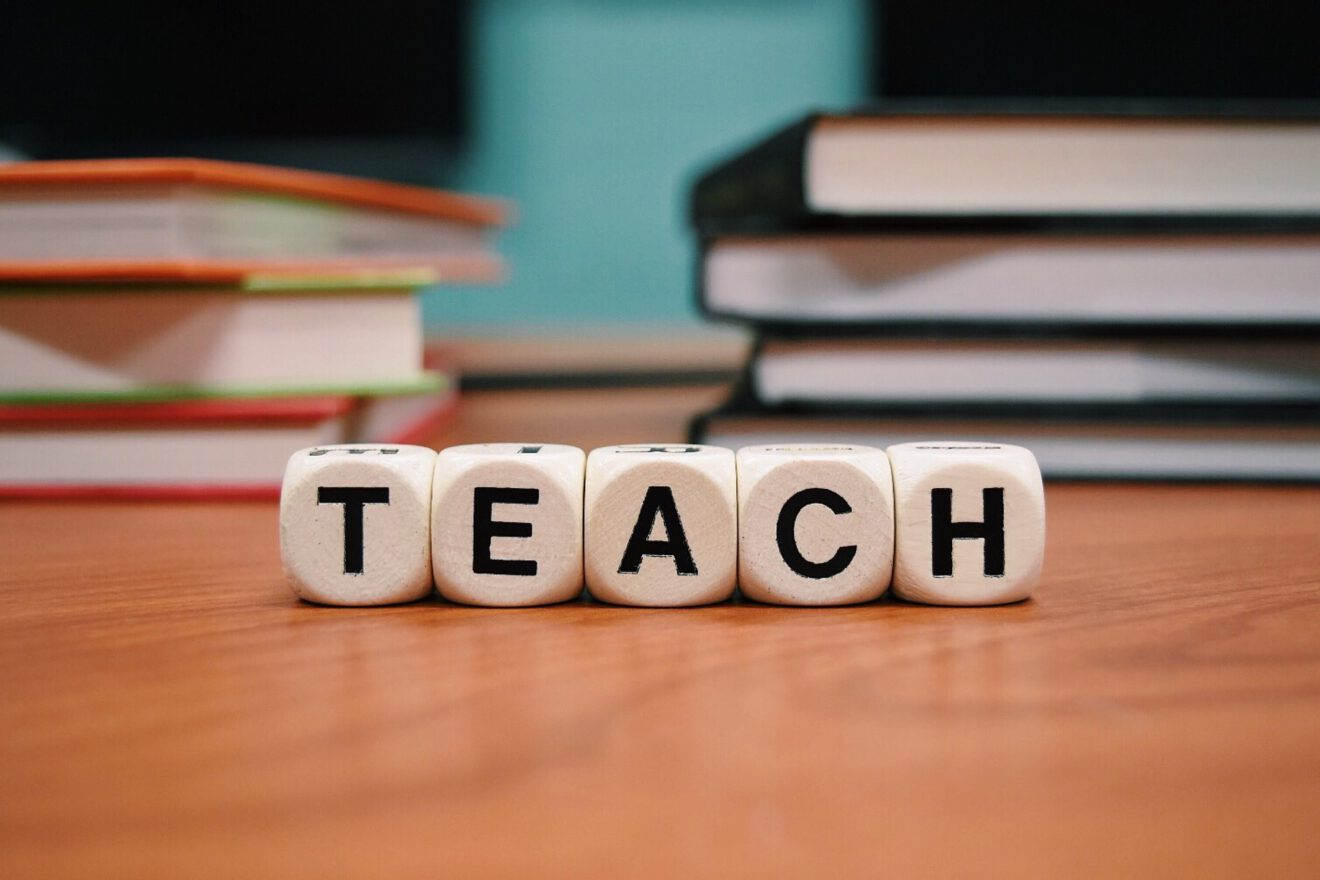They are already teaching social and emotional learning and executive functioning skills.
Over the last five years, the topic of social and emotional learning (SEL) has slowly grown from a whisper to a prominent trend when discussing ways to improve the current state of public education. When schools and districts talk about the need for SEL, they usually mean teaching students about regulating emotions, improving communication, controlling impulses, having empathy and improving social interactions and cooperation. These topics mirror what special educators deal with every day while working with students on their executive functioning skills, skills like paying attention, organizing and planning, staying focused on tasks at hand, controlling emotions and self-monitoring. While there is much discussion about how to incorporate SEL into the general education classroom, special educators are already including it in their daily practice.
So, how can special educators use their expertise in working with children who have difficulties with executive functioning to improve SEL efforts school-wide? First, remind general education colleagues that teachers must come to class modeling SEL skills and be prepared to do so for the long haul, not just the week or semester. SEL skills such as constructively solving a problem or monitoring one’s frustration level are not learned overnight nor perfected in a semester. It starts with the teacher taking the time to build trust with each student, and each day that trust becomes more of a joint responsibility between the teacher and students as each daily interaction becomes an opportunity to work on improving the social and emotional learning experience.
Next, don’t be afraid to remind colleagues of the obvious: all students, including those with special needs, will encounter forms of frustration, discontent and rejection from teachers and peers while at school, so any school-wide SEL efforts should include all students, not just those in general education settings. In this regard, just like teachers do with academic content, it is important to differentiate how to deal with various SEL situations, which includes providing different ways and means for students to express what they are feeling.
For some, this new push to provide SEL in schools might seem like another flash-in-the-pan district initiative, but for special educators, helping students build social and emotional skills has been a cornerstone of the profession. No matter the fad or current educational trends that pass through the halls, special education has always included the understanding that schooling goes beyond just academic skills to support the whole, human child in fulfilling his or her potential.
Oran Tkatchov is the co-author of Success for Every Student – A Guide to Teaching and Learning. His educational career has included such roles as a middle school English teacher, high school English teacher and charter school director. For over a decade he directed and provided professional development in the areas of special education and school/district improvement at the Arizona Department of Education. He currently supports professional learning at the Arizona State Schools for the Deaf and the Blind.
____________________________________
Like this article? Sign up for ASCD SmartBrief to get news like this in your inbox, or check out all of SmartBrief’s education newsletters, covering career and technical education, educational leadership, math education and more.
